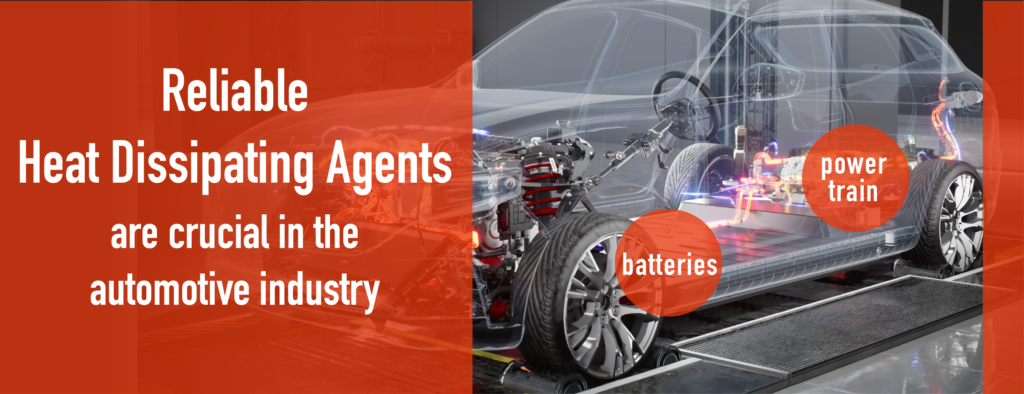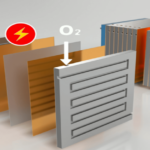
Bonding for Efficiency: The Key Benefits of Thermal Dissipation Glue for Electric Motors
In modern engineering, electric motors serve as the driving force behind countless applications. However, with this evolution, heat management becomes a pivotal challenge for manufacturers. It comes as no surprise that electric motors, from the compact servo motors in robotics to the powerful industrial giants propelling factories, generate substantial heat during operation. Effectively managing thermal heat is the linchpin of reliability, performance, and longevity.
Thermal dissipation glue for electric motors is quickly becoming a pivotal solution for manufacturers looking to address the intricate thermal concerns throughout the electric motor assembly process.
Understanding the role of thermal dissipation glue for electric motors is paramount for industries looking to improve thermal performance for electric motors, vehicles, and other electronics.
Benefits and Features of Thermal Dissipation Glue
What is thermal dissipation glue? In the world of engineering, thermal dissipation glue, also known as thermal conductive adhesive, is a specialized adhesive compound designed to facilitate the efficient transfer of heat in various electronic and mechanical applications. This compound is formulated to address the heat management challenges in components such as electric motors, electronic devices, and LED assemblies.
Typically silicone-based, it’s known for its excellent thermal stability and electrical insulation properties. The thermally conductive fillers contained in this silicone-based adhesive transfer heat efficiently, making it an asset to manufacturers and engineers.
While applying thermal dissipation glue can be messy and take a while to cure, its benefits far outweigh its limitations. Some of the critical advantages of thermal dissipation glue are:
- Enhanced Thermal Conductivity: The adhesive's composition with thermally conductive fillers allows for efficient heat transfer.
- Improved Heat Dissipation: It helps maintain lower operating temperatures, extending the components' lifespan and ensuring consistent performance.
- Electrical Insulation: Thermal dissipation glue typically provides electrical insulation, preventing electrical conduction and short circuits.
- Electric Motors: Thermal dissipation glue is frequently utilized in electric motor assemblies, such as industrial machinery, automotive systems, and consumer electronics.
- General Electronics: It's applied in electronic components to manage and dissipate heat. Common applications include CPUs and GPUs, LED assemblies, and printed circuit boards.
- Automotive Manufacturing: Thermal adhesives are crucial in the automotive industry for managing the heat generated by electric vehicle (EV) components such as batteries, powertrains, and more.
- Industrial Equipment: It's used in various industrial machinery and equipment, including robotics, conveyor systems, and automation systems, to manage the heat generated by electric motors and electronic components.
- Medical Devices: Medical equipment often requires precise temperature control for sensitive components. Thermal dissipation glue can often be used to manage heat in devices such as MRI machines, ultrasound equipment, and laboratory analyzers.
- Consumer Electronics: In smaller-scale applications, such as smartphones, tablets, and gaming consoles, thermal dissipation glue may be used to manage heat generated by other heat-sensitive components.




